Important. This is not a block course. First lecture is Monday 15.4 9:30 - 11:00 in Math. B/128
This lecture covers areas of computer vision which deal with 3D reconstruction and scene understanding. This means, for instance, to recover a 3D scene from a set of photographs or video, or to extract and track objects in the scene. We discuss the underlying principles and methods to solve such tasks. In particular, we cover techniques from deep learning, traditional approaches, and mixtures of the two. We also introduce the necessary background knowledge, e.g. camera models, deep learning, image formation model, Kalmann Filters, etc.
Content:
- Brief introduction to Machine Learning concepts (Neural Networks etc)
- Basic Image processing (Filtering, Bilateral Filter)
- Sparse feature detection and description (points, edges, LIFT) w/ and w/o Neural networks
- Projective Geometry, Epipolar Geometry
- Sparse reconstruction (image matching, image descriptors) w/ and w/o Neural Networks
- Robust matching w/ Neural networks (Differentiable RASANC and related pipelines)
- Dense Reconstruction, SLAM and Camera Localization
- 3D Object detection (End-to-End Trainable Pipelines) w/ and w/o Neural Networks
- 3D Object tracking (6D Pose estimation, Kalman Filter, Particle Filter)
- 3D Training Data generation
Formalities:
Teaching assistant (main point of contact): Titus Leistner titus.leistner@iwr.uni-heidelberg.de
Registration: Please register yourself via Müsli (https://muesli.mathi.uni-heidelberg.de/lecture/view/974). If you have problems please contact teaching assistant.
Prerequisite: no prerequisites, but it is recommended to have Machine Learning Background, e.g. Fundamentals of Machine Learning or equivalent
Exam: graded final report (about 10 pages). The final report has to be submitted until 15.10.2019 (please send an email to Titus Leistner titus.leistner@iwr.uni-heidelberg.de if you need an extension of this deadline. Please explain why you need the extension.)
Leistungspunkte: 6 LP
Amount of work: 180h thereof 30h Lectures, 30h Exercises, 20h Revision and Home Exercise, 70h programming a mini research project, and 30h preparation of final report.
(Comment, the mini research project will start at the end of lecture).
Usability: Physics, MSc. Angewandte Informatik MSc. Scientific Computing
Slides
All the slides are uploaded to heiBOX.
The password will be disclosed in the second lecture.
Schedule
| April 15 | Lecture 1 |
| April 18 | Lecture 2 |
| April 22 | Holiday |
| April 25 | Deep Learning Exercise 1 |
| April 29 | Lecture 3 |
| May 2 | Lecture 4 |
| May 6 | Lecture 5 |
| May 9 | Lecture 6 |
| May 13 | Lecture 7 |
| May 16 | Deep Learning Exercise 2 |
| May 20 | Lecture 8 |
| May 23 | Deep Learning Exercise 3 |
| May 27 | Lecture 9 |
| May 29 | Holiday |
| June 3 | Lecture 10 |
| June 6 | DSAC Exercise 1 |
| June 10 | Holiday |
| June 13 | DSAC Exercise 2 |
| June 17 | Lecture 11 |
| June 20 | Holiday |
| June 24 | Lecture 12 |
| June 27 | - |
| July 1 | Lecture 13 |
| July 4 | Tracking Exercise 1 |
| July 8 | Lecture 14 |
| July 11 | Exercise Tracking 2 |
| July 15 | Lecture 15 |
| July 18 | - |
| July 22 | Mini Project Discussion |
| July 25 | Last Chance for Exercise Submissions |
Teaching goals:
The students
- Understand the principles behind estimating 3D Point Clouds and Motion from two or more images. They are able to apply this knowledge to new tasks in the field of 3D reconstruction.
- Understanding the principles of an image formation process and corresponding Geometry. This can be utilized to design new algorithms, for e.g. 3D motion estimation for autonomous driving.
- Understand and implement methods that combine machine learning based methods with classical computer vision based techniques.
- Have studied various state-of-the-art computer vision systems and approaches, and are then able to evaluate and classify new systems and approaches.
- Understand and implement different approaches for object tracking and object-instance recognition.
Information about when and where the course takes place, can be found here: https://hci.iwr.uni-heidelberg.de/teaching


